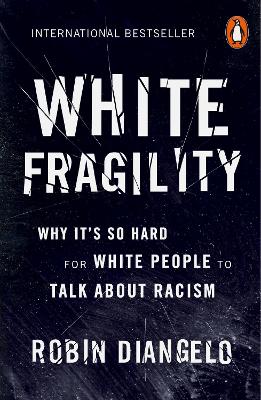Reviewed by Kevin Costain on
This useful way of looking at racism allows us to understand why some black people do well in America despite racism (they can swim against this tide). It also explains why black people can hold prejudice against those considered white but cannot be racist (they do not posses the system’s authority to do so). For example, and I have seen this point of view from white-Americans first-hand: “The racial ideology that circulates in the United States rationalizes racial hierarchies as the outcome of a natural order resulting from either genetics or individual effort or talent.”
This is the kicker - and I agree: “The dimensions of racism benefiting white people are usually invisible to whites.”
As a secondary effect, this book should help you suss out the way media outlets that tend to lean right enable racism. It’s a bold claim, yes, but it’s there in media if you look. If you see the media they’ll say that “white fragility” is all-or-nothing and that seeing society as favoring whites is “like saying people are racist” - of of course, on some reflection these media types are removing nuance and creating binary division. This is probably the best way they can think of to maintain the status quo.
And this is the big, uncomfortable “elephant in the room” that White Fragility does well at showing. You may not agree with all of it, but should be read - hopefully lead to introspection and change.
Reading updates
- Started reading
- 14 June, 2020: Finished reading
- 14 June, 2020: Reviewed
